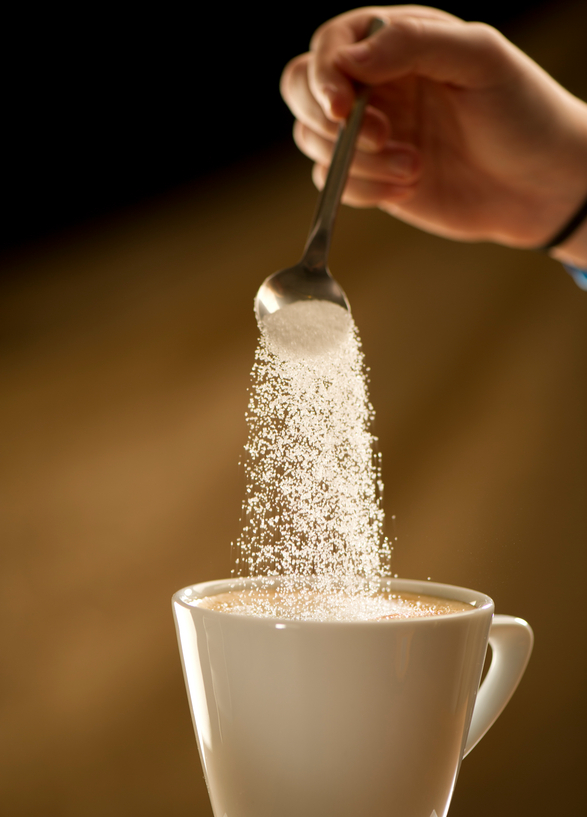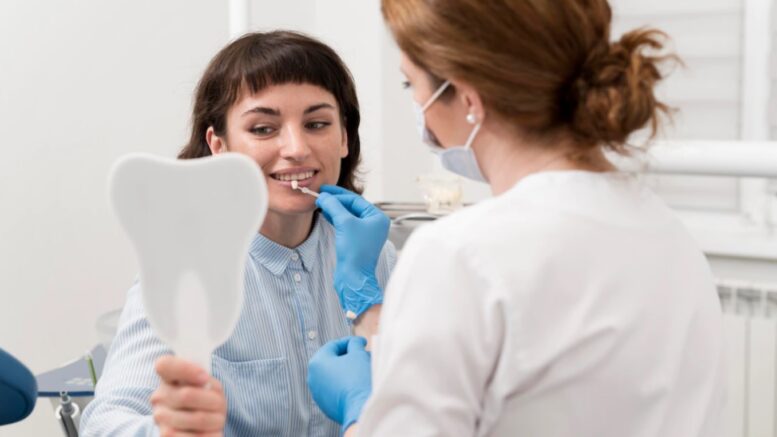It’s natural for us to worry about organs like the heart or lungs. After all, they can be the difference between life and death. But did you know that ectodermal organs like teeth are linked to other organs in the body? Yes, that’s true. For example, your upper premolars are connected with your lungs. Similarly, lower premolars and spleen, upper molars and kidneys, and lower molars and liver are connected.
So, it’s safe to say that your overall well-being also depends on how well you maintain your oral hygiene. Therefore, here are some tips to help you keep your teeth clean and healthy:
Visit Your Dentist Religiously:
When did you last visit your dentist? You should schedule an appointment immediately if it’s been more than six months. Regular dental visits are essential for detecting and treating dental problems before they become serious. Your dentist can also give tips on maintaining good oral hygiene and preventing tooth decay.
If you don’t have a dentist, you can use the American Dental Association’s Find-a-Dentist tool to search for one near you. While selecting a dentist, pick an experienced and reliable one who offers quality services. Also, check whether the services offered by the dentist match your needs. All Care Dentistry, for instance, provides comprehensive family dental care services and custom treatments to help you maintain a healthy mouth.
Reduce Tobacco Usage:
Studies claim that more than 40% of adult smokers aged between 20 and 64 have untreated tooth decay. It can cause bad breath, stained teeth, gum diseases, and even lead to oral cancer. Therefore, it’s best to refrain from using tobacco products like cigarettes or chewable tobacco.
You can blame the nicotine and tar in tobacco for staining your teeth and reducing their strength. You can also become more prone to cavities, plaque buildup, and gum disease. So, if you want to maintain good oral hygiene, reduce or stop using tobacco.
If you’re struggling to quit, you can join support groups or get professional help to kick the habit for good.
Lower Your Alcohol Consumption:
Drinking excessive alcohol affects your liver and can ruin your teeth. Drinking too much can contribute to dry mouth, plaque buildup, and tooth decay. It can also increase your risk of gum disease and make it harder for you to recover from dental problems.
So, if you want to mitigate your risk of dental issues, it’s best to limit your alcohol consumption. Experts recommend no more than two drinks per day.
Reduce Your Sweet Intake:
Candy and chocolate are undoubtedly delicious. But they can also be a major cause of tooth decay and cavities. So, it’s best to reduce your sweet intake as much as possible. Eating sugar isn’t completely off-limits, though.

If you must have a sweet treat now and then, brush your teeth and rinse your mouth with water afterward. It can help remove some of the sugar from your teeth.
Stay Hydrated:
Drinking enough water throughout the day helps to remove food particles and bacteria stuck in your teeth and gums. It also helps to keep your mouth moist and prevents bad breath. So, make sure to drink at least eight glasses of water every day.
You can also choose sugar-free gum or chewable sugarless candy to increase your saliva production. Saliva is essential for fighting off bacteria and neutralizing acids in your mouth.
Consider Dental Sealants:
Dental sealants can be a great preventative measure for your teeth. By filling up the grooves and crevices of molars and premolars, they help protect from cavities and plaque buildup. Sealants are beneficial to many people, but children and teens specifically should consider getting them. They’re more likely to develop cavities and tooth decay due to their diet and lack of brushing. Your dentist can help you decide if sealants are right for you.
Manage Your Diabetes:
Diabetes and gum disease often go hand-in-hand and can lead to more serious dental problems. Therefore, if you have diabetes, it’s important to check your blood sugar levels. You can do this by exercising regularly, eating healthily, and taking your diabetes medications as prescribed by your doctor.
Diabetes can also lower your saliva production, leading to a dry mouth. So, drink plenty of water and talk to your dentist about other ways to increase saliva production.
Practice Good Oral Hygiene:
Your teeth need cleaning twice a day to maintain good oral hygiene. So, brush them twice daily, in the morning and at night. In addition, it is recommended to use soft-bristled toothbrushes and fluoride toothpaste. These products are gentle on your teeth and gums but effective at removing plaque.
You should also spend at least two minutes brushing your teeth. Brush each quadrant of your mouth for 30 seconds, ensuring you reach all areas.
Additionally, use dental floss to clean the hard-to-reach areas between your teeth. When flossing, use a gentle sawing motion to remove plaque and debris from between your teeth.
Mouthwash is also a good idea as it can help to kill bacteria in your mouth. However, ensure you don’t swallow it, as some mouthwashes contain alcohol.
Eat the Right Foods:
Every food item we eat affects our teeth. So, it’s important to understand which food items are safe for your teeth and which can cause damage.
Meats:
High-protein foods like lean meats, low-fat cheese, fish, and eggs are good for your teeth. They are rich in phosphorus and calcium—two essential minerals required for healthy teeth and bones.

Dairy Products:
Dairy products like milk, yogurt, and cheese are also loaded with phosphorus, calcium, and other minerals to help maintain good oral hygiene. You can also get plenty of Vitamin D from dairy products, which helps your body absorb calcium more easily.
Fruits:
Citrus fruits like oranges, lemons, and limes are a great source of Vitamin C. This vitamin strengthens your gums and helps them fight off infection. Additionally, fruits like apples, celery, and carrots are crunchy. They can help remove plaque and bacteria from your teeth.
Vegetables:
Green leafy vegetables like spinach, kale, and broccoli are rich in calcium. They can help you maintain good oral health and keep dental problems at bay.
Final Thoughts:
Sparkly white teeth and fresh breath: these are desirable qualities, not only for our outward appearance but also for our general health. But maintaining good oral hygiene is not that simple. It requires a combination of consistent habits and regular visits to the dentist. You must also examine the inside of your mouth at home to ensure there are no signs of disease. Thankfully, with a bit of effort, you can easily maintain your oral health and prevent any dental problems in the future.
